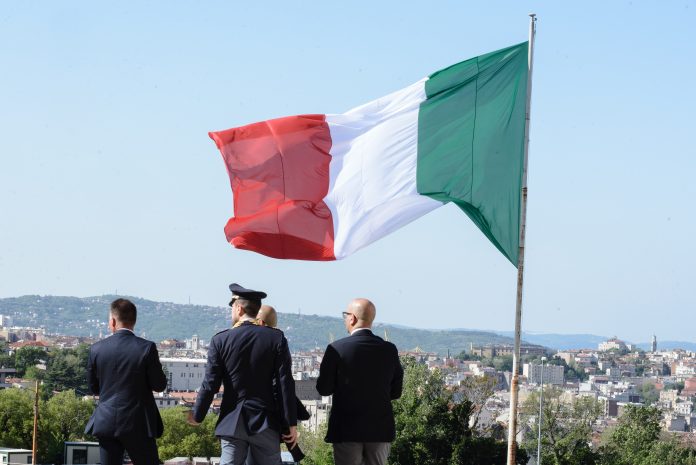by InTrieste
A legislative proposal that could transform the lives of thousands of children born and raised in Italy has stalled in Parliament, casting uncertainty over the future of a citizenship reform known as “Ius Scholae.” The bill, which ties citizenship to the completion of a cycle of schooling rather than ancestry alone, garnered significant attention but ultimately failed to advance through Italy’s complex political process.
The Ius Scholae proposal sought to grant Italian citizenship to children of foreign-born parents who were either born in Italy or arrived before the age of 12. Under the bill, these children would be eligible for citizenship after completing at least five years of regular schooling in Italy. For those whose schooling includes the primary level, successful completion of the first education cycle would be a key requirement.
The bill represents a departure from the current law, which is based on the principle of ius sanguinis—or “right of blood”—where citizenship is inherited from one’s parents. This law, established by Law 91 in 1992, offers automatic citizenship to those born to Italian parents but imposes significant hurdles for those of foreign origin, even if they have spent their entire lives in Italy.
Currently, minors of foreign origin born in Italy must legally reside in the country continuously until they turn 18 to be eligible for citizenship. They are required to apply within a year of reaching adulthood. For those who arrived in Italy as children, the path to citizenship is longer and more complex, requiring ten years of uninterrupted legal residence, along with proof of income, housing, language skills, and social integration.
Italy’s 2021-2022 school year saw more than 870,000 students without Italian citizenship enrolled in its schools. For many of these students, the lack of citizenship can restrict their participation in extracurricular activities such as school trips and sports. Organizations like Save the Children, ANCI, and Rete G2 have been campaigning for years to address the issue, arguing that these children are fully integrated into Italian society but remain disadvantaged by outdated laws.
The Ius Scholae proposal was seen by many as a practical way to bridge this gap, particularly as previous reform efforts have largely faltered. In 2015, a bill proposing a moderated ius soli and ius culturae—focusing on education and cultural integration—passed the lower house of Parliament but failed to gain traction in the Senate. Since then, restrictive immigration measures, including the 2018 Security Decree, have made the naturalization process even more challenging.
Advocates argue that recognizing the citizenship of these children would promote integration and provide them with the same opportunities as their Italian-born peers. Critics, however, caution that such reforms could have broader implications for immigration policy and societal cohesion, concerns that have contributed to the political impasse.
Naturalization policies vary across Europe, with many countries requiring less time than Italy’s ten-year residency requirement. The European Union average stands at 6.8 years, with countries like Poland requiring just three years of residency. Other nations, such as France and Portugal, have adopted versions of ius soli, granting citizenship to children born on their soil if certain conditions are met. Italy remains among the more restrictive countries in terms of its naturalization process.
Despite the support from civil society and various political factions, the Ius Scholae proposal has not gained enough momentum to move forward. The lack of consensus reflects broader divisions within Italian politics, where immigration and citizenship reforms have often been contentious.
For now, the path to citizenship for children of immigrant families remains lengthy and uncertain. The ongoing debate highlights Italy’s struggle to adapt its laws to the realities of an increasingly diverse population while balancing the complexities of national identity and social integration.
Without reform, thousands of young people who have grown up in Italy will continue to navigate their futures in a country where they are, for all practical purposes, part of the community—but not yet recognized as citizens. The fate of the Ius Scholae proposal remains unclear, leaving these individuals and their advocates awaiting further action from lawmakers.





























